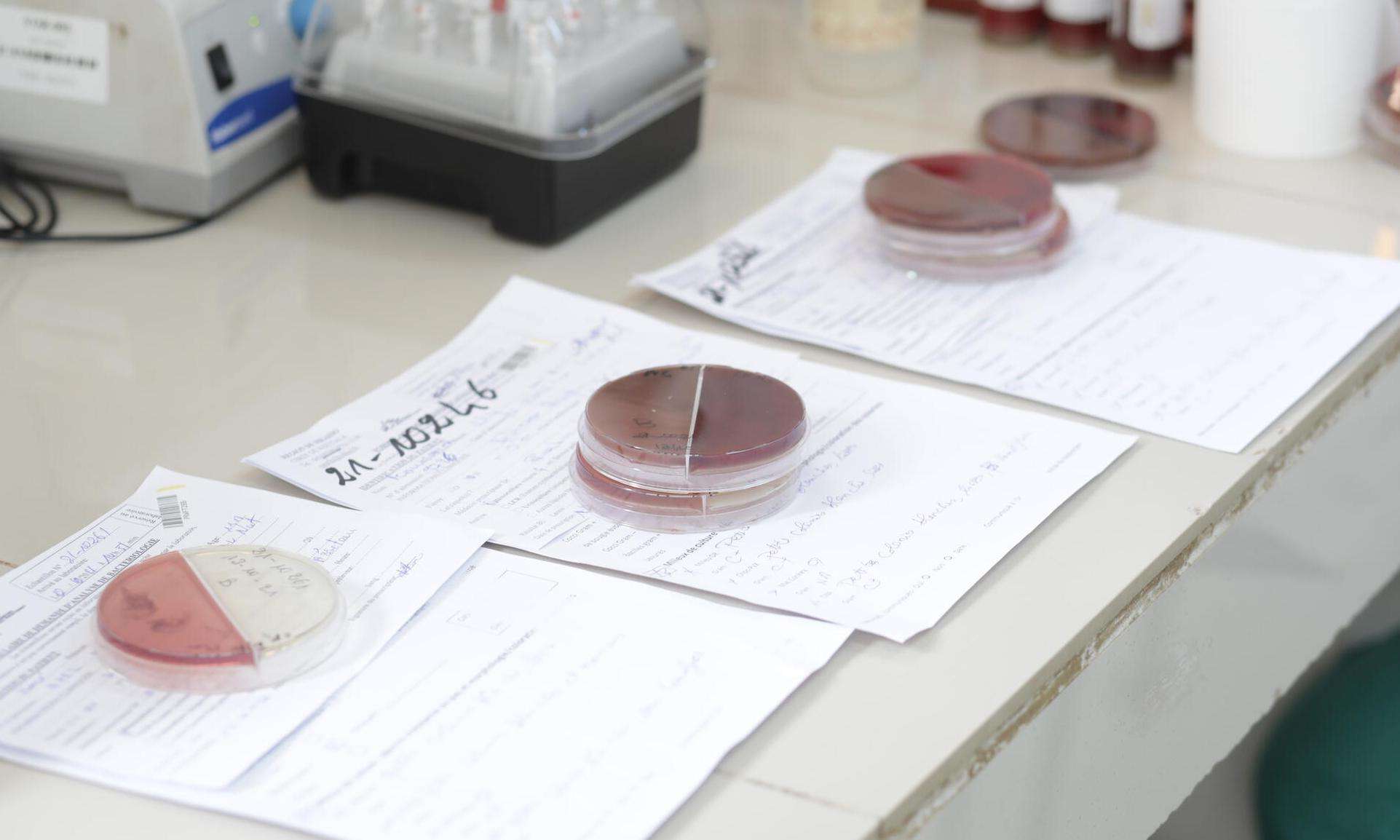The emergence and spread of antimicrobial resistance (AMR) represents a grave challenge to global health. In 2019 alone, AMR caused 1.27 million deaths.
Governments have made a series of commitments to act against AMR, for instance in the 2015 Global Action Plan on AMR. However, competing health priorities and lack of resources—particularly in countries with high rates of poverty—have impeded progress towards these commitments.
The global response to AMR can benefit from ongoing pandemic prevention, preparedness and response (PPR) initiatives given their significant overlap. Both global challenges call for international solidarity rather than nationalistic approaches; inclusive governance and robust financing mechanisms; expanded surveillance and laboratory capacity; significant investments in human resources and infrastructure for health care delivery; and improved access to existing and new medical tools.
This report highlights the opportunities ongoing PPR negotiations offer to make meaningful progress on AMR and recommends concrete targets and measurable indicators on issues of mutual importance.





